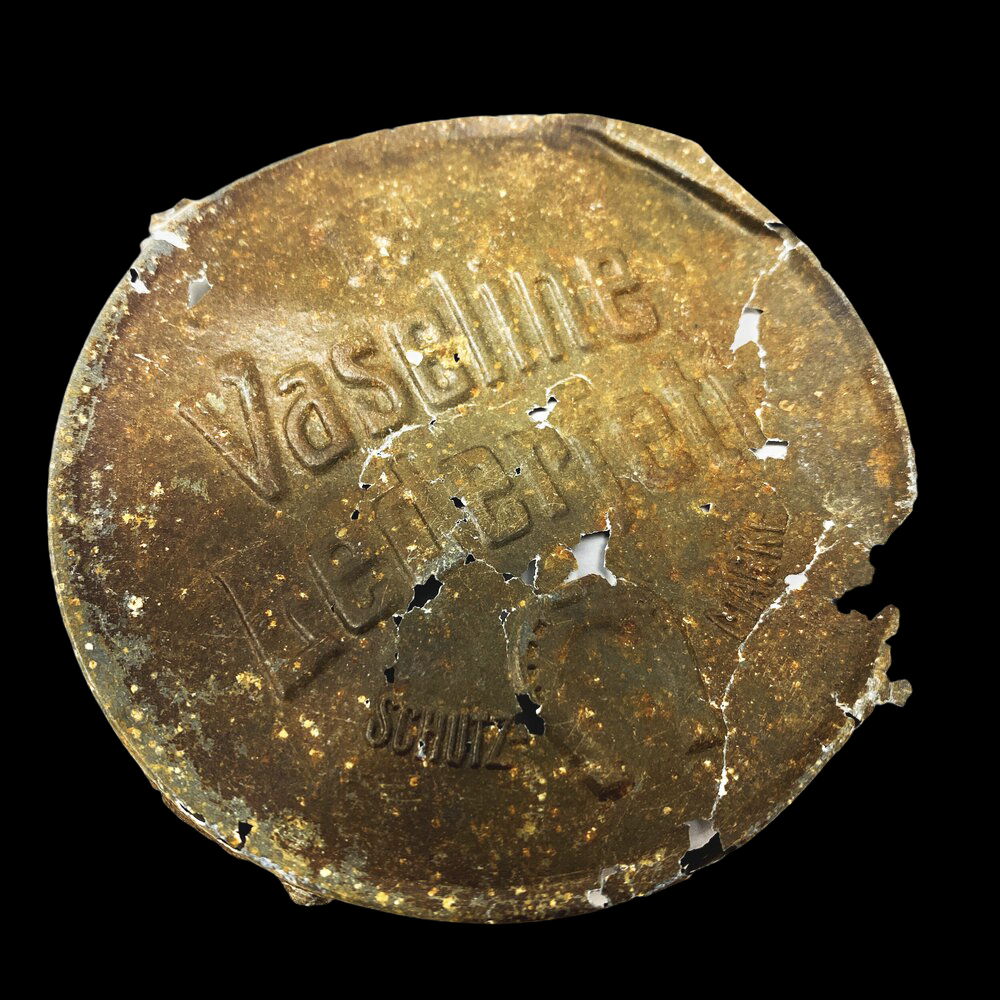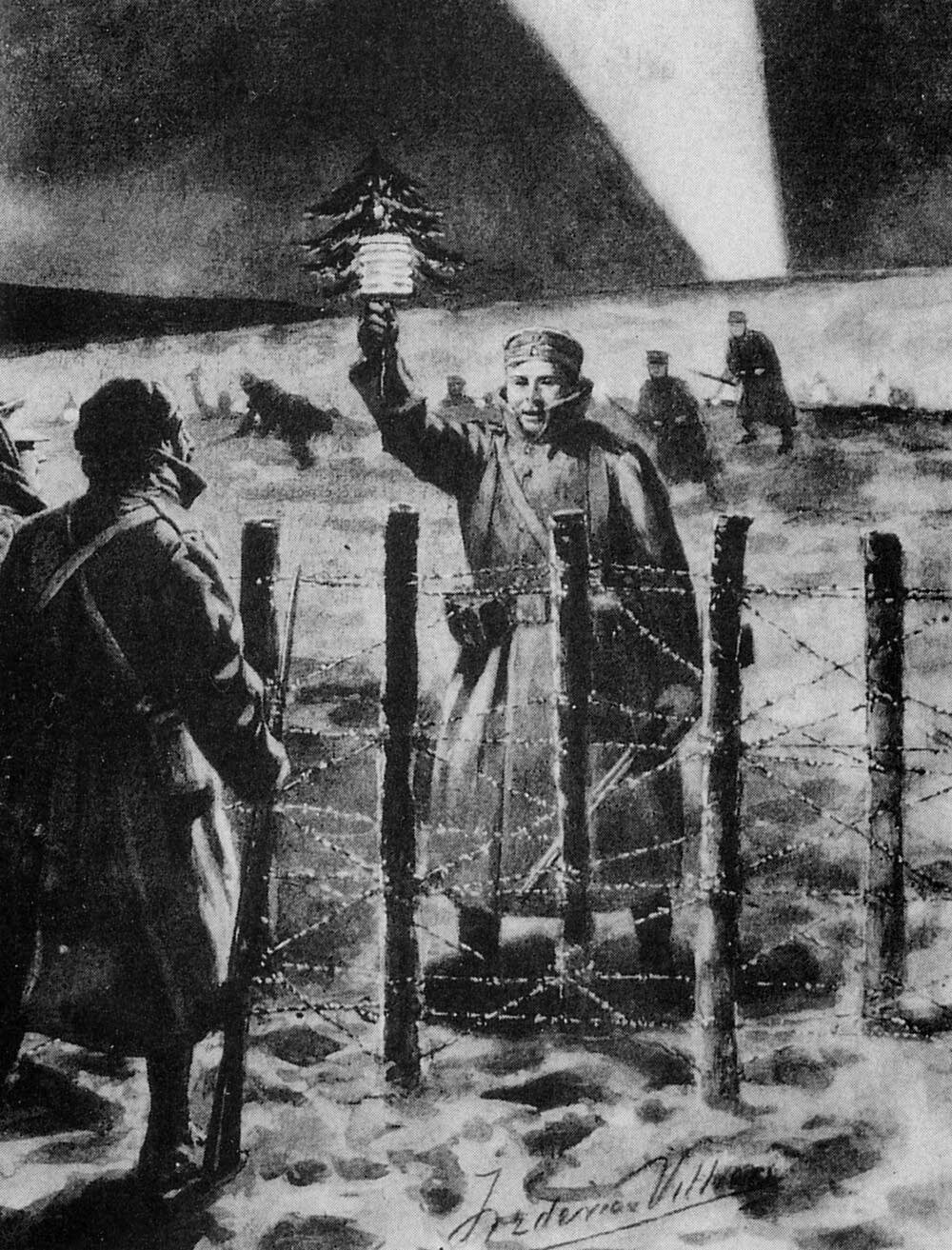Metal Shoe Polish Lid - Excavated from German Bunker - Christmas Truce miracle of 1914


Metal Shoe Polish Lid - Excavated from German Bunker - Christmas Truce miracle of 1914
Excavated from German Bunker.
Relic: Metal Shoe Polish Lid
This World War I relic was dug during a professional excavation of a WWI German bunker which participated in the infamous Christmas Truce miracle of 1914. The value to these relics is not what they are, but the moments they witnessed in history.
The Christmas truce (German: Weihnachtsfrieden; French: Trêve de Noël) was a series of widespread unofficial ceasefires along the Western Front of the First World War around Christmas 1914. The truce occurred only five months into the war. Hostilities had lulled as leadership on both sides reconsidered their strategies following the stalemate of the Race to the Sea and the indecisive result of the First Battle of Ypres.
In the week leading up to 25 December, French, German, and British soldiers crossed trenches to exchange seasonal greetings and talk. In some areas, men from both sides ventured into no man's land on Christmas Eve and Christmas Day to mingle and exchange food and souvenirs. There were joint burial ceremonies and prisoner swaps, while several meetings ended in carol-singing. Men played games of football with one another, creating one of the most memorable images of the truce. Hostilities continued in some sectors, while in others the sides settled on little more than arrangements to recover bodies.
The truces were not unique to the Christmas period and reflected a mood of "live and let live", where infantry close together would stop overtly aggressive behaviour and often engage in small-scale fraternisation, engaging in conversation or bartering for cigarettes. In some sectors, there were occasional ceasefires to allow soldiers to go between the lines and recover wounded or dead comrades; in others, there was a tacit agreement not to shoot while men rested, exercised or worked in view of the enemy. The Christmas truces were particularly significant due to the number of men involved and the level of their participation—even in quiet sectors, dozens of men openly congregating in daylight was remarkable—and are often seen as a symbolic moment of peace and humanity amidst one of the most violent events of human history.